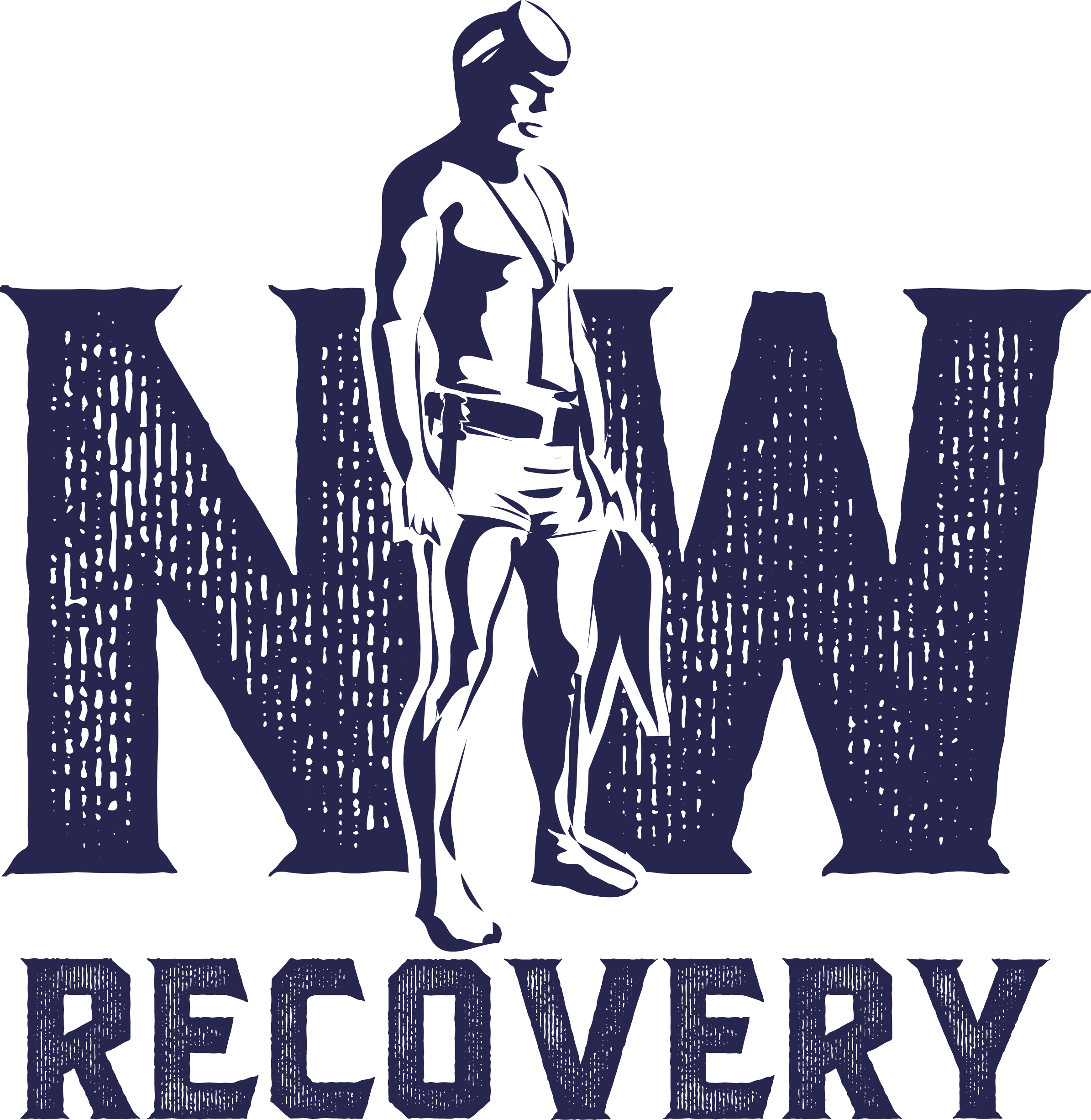Sleep and Recovery: How Rest Impacts Performance
In today’s fast-paced world, many adults find themselves sacrificing sleep to meet the demands of their busy lives. Whether it’s juggling work, family responsibilities, or personal goals, sleep often becomes an afterthought. But quality sleep is essential for maintaining physical, mental, and emotional well-being. It plays a critical role in how we recover from the stresses of daily life, perform at our best, and stay healthy in the long term.
Sleep is much more than just a time for rest. It is a period of recovery that allows our bodies and minds to repair and recharge. Without proper sleep, performance decreases, decision-making falters, and resilience weakens. For most adults, prioritizing sleep is crucial to navigating the challenges of everyday life with energy and clarity.
The Role of Sleep in Physical Recovery
Our bodies are constantly working, whether we’re exercising, working, or managing day-to-day activities. During the day, muscles are strained, tissues are worn, and the body uses energy to function. Sleep is when our bodies undergo vital repair processes. In particular, deep sleep is when muscles recover, tissues regenerate, and the body replenishes energy reserves.
Without adequate sleep, physical recovery slows, leading to increased fatigue, muscle soreness, and even a higher risk of injury. This is especially true for individuals who lead active lives or engage in physical fitness. Quality sleep helps the body bounce back from physical stress, keeping it strong and resilient.
Incorporating wellness tools, like Naked Warrior Recovery products, into your nighttime routine can support the body’s natural recovery process and contribute to better-quality sleep, helping you wake up feeling more refreshed.
Sleep and Cognitive Performance
While the physical benefits of sleep are widely known, its effects on mental performance are equally important. During sleep, the brain consolidates information from the day, processes emotions, and enhances memory retention. This is particularly valuable for anyone balancing complex tasks, problem-solving, or learning new skills.
When we don’t get enough sleep, cognitive function suffers. Reaction times slow, attention wanes, and decision-making abilities weaken. For most adults, these impairments can affect job performance, relationships, and personal well-being. Whether you’re working in a high-pressure job or managing a household, a lack of quality sleep can reduce your effectiveness and lead to mistakes or forgetfulness.
By getting adequate, quality sleep each night, you’re allowing your brain to reset and recharge, ensuring that you are mentally sharp and ready for whatever the day brings. Integrating products like Naked Warrior Recovery into your bedtime routine can help create a more calming environment, promoting restful sleep and better cognitive function.
Emotional and Psychological Recovery During Sleep
Sleep is not just for the body and mind—it’s also essential for emotional well-being. Throughout the day, we experience a wide range of emotions and stressors that can build up and affect our mood. Sleep is when our brains process these emotions, helping us regulate stress and cope with difficult situations.
When we cut short our sleep, we’re depriving ourselves of the opportunity to process emotions and recharge emotionally. This can lead to irritability, anxiety, or even burnout. Most adults have felt the effects of emotional strain after a poor night’s sleep—feeling more easily overwhelmed or unable to handle the usual challenges of the day.
Ensuring you get enough sleep allows your brain to process emotional experiences and improve emotional resilience. Adding calming practices to your routine, such as using Naked Warrior Recovery products, can support relaxation and emotional recovery, helping you feel more balanced and less stressed.
Practical Tips for Improving Sleep Quality
Given how critical sleep is to overall well-being, here are some practical tips to help you improve the quality of your sleep and, in turn, enhance your physical, mental, and emotional recovery:
- Stick to a Regular Sleep Schedule: Try to go to bed and wake up at the same time each day. Consistency trains your body’s internal clock, making it easier to fall asleep and wake up refreshed.
- Create a Relaxing Bedtime Routine: Establish a calming pre-sleep routine that helps signal to your body that it’s time for rest. This could include reading, meditating, or incorporating Naked Warrior Recovery products to help you unwind.
- Limit Screen Time: The blue light from screens can interfere with melatonin production, which helps regulate sleep. Avoid using electronic devices at least 30 minutes before bed to improve your sleep quality.
- Optimize Your Sleep Environment: Make sure your bedroom is conducive to sleep. A cool, dark, and quiet room can significantly improve your ability to fall asleep and stay asleep. You may also want to consider adding relaxing scents or other wellness products that encourage better rest.
- Be Mindful of What You Eat and Drink: Avoid heavy meals, caffeine, and alcohol close to bedtime. These can interfere with your ability to fall asleep and disrupt your sleep cycle.
- Incorporate Relaxation Techniques: Techniques like deep breathing, progressive muscle relaxation, or mindfulness can ease tension and help you drift off to sleep. Naked Warrior Recovery products can also aid in creating a more relaxed environment, supporting a smoother transition into sleep.
Prioritizing Sleep for Long-Term Health and Performance
Sleep is one of the most important pillars of long-term health, yet it is often the first thing sacrificed in our busy lives. But quality sleep is not a luxury—it’s a necessity for maintaining energy, cognitive sharpness, and emotional balance. By making sleep a priority, you set yourself up for success in all areas of life.
Better sleep leads to improved focus, better physical recovery, enhanced emotional resilience, and stronger overall well-being. Integrating tools like Naked Warrior Recovery into your sleep routine can further enhance your rest, helping you get the quality sleep you need to face the demands of everyday life.
Whether you’re looking to improve your health, boost your performance at work, or simply feel more balanced and well-rested, sleep is the foundation that will help you achieve those goals. Make it a priority, and everything else will follow.


